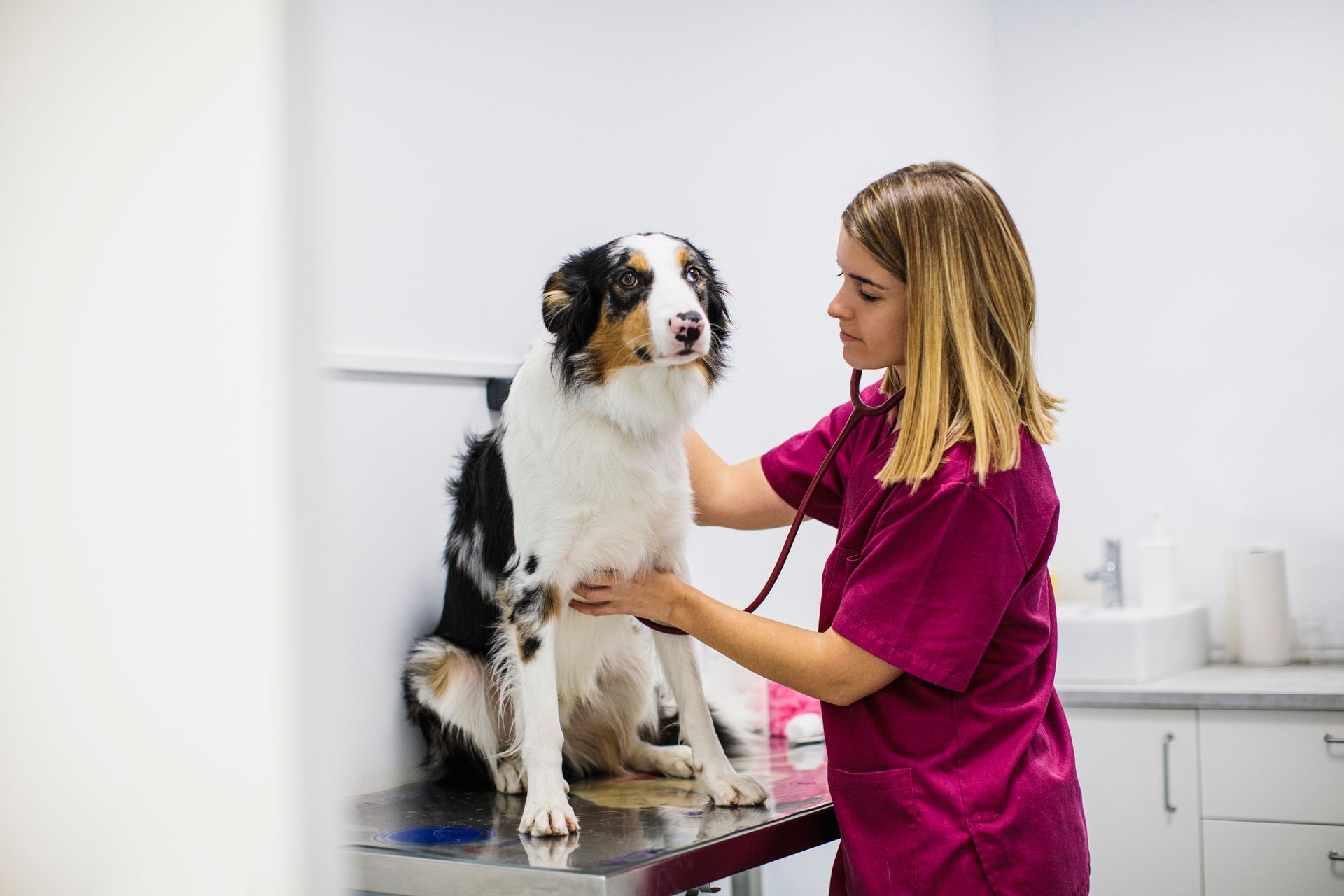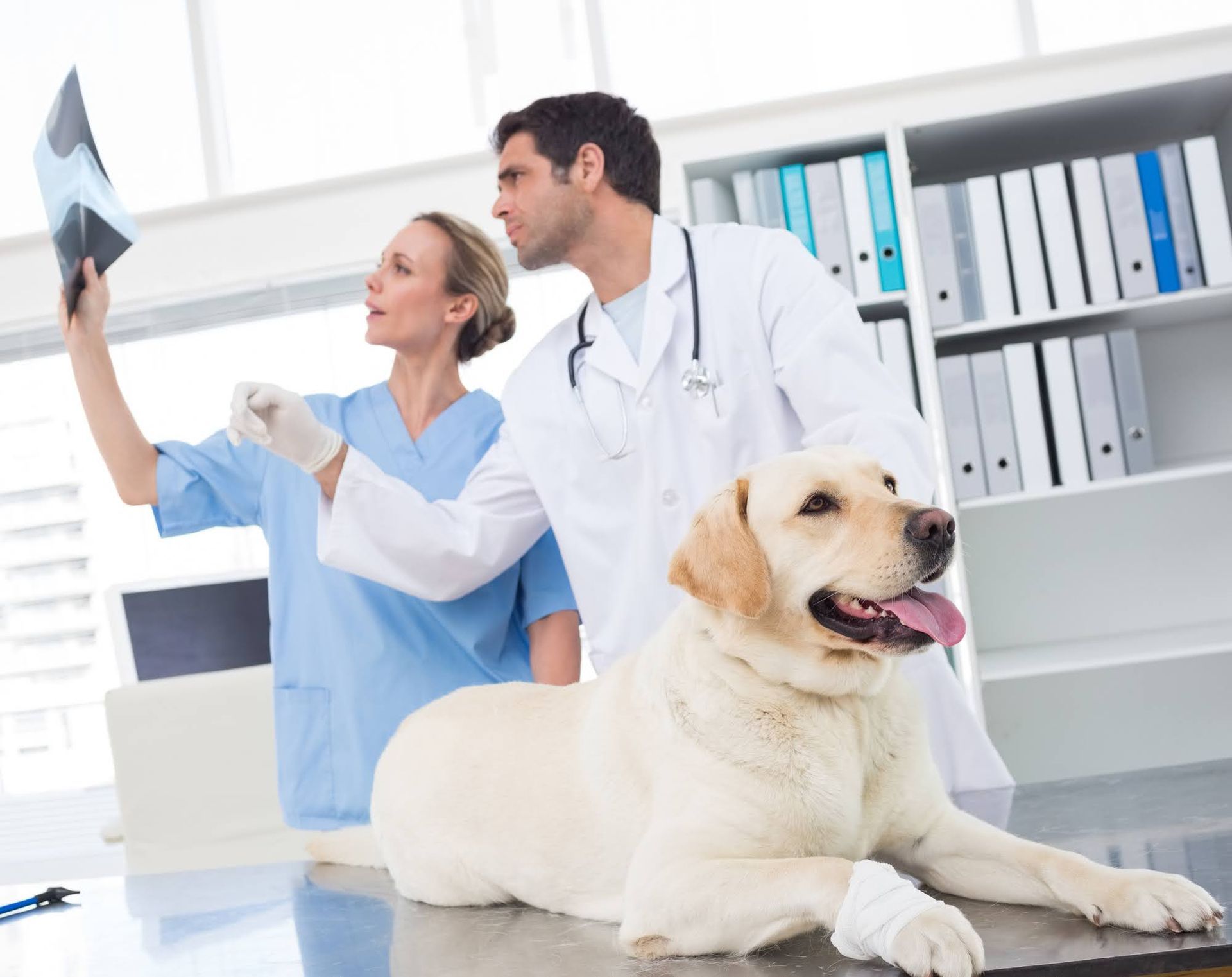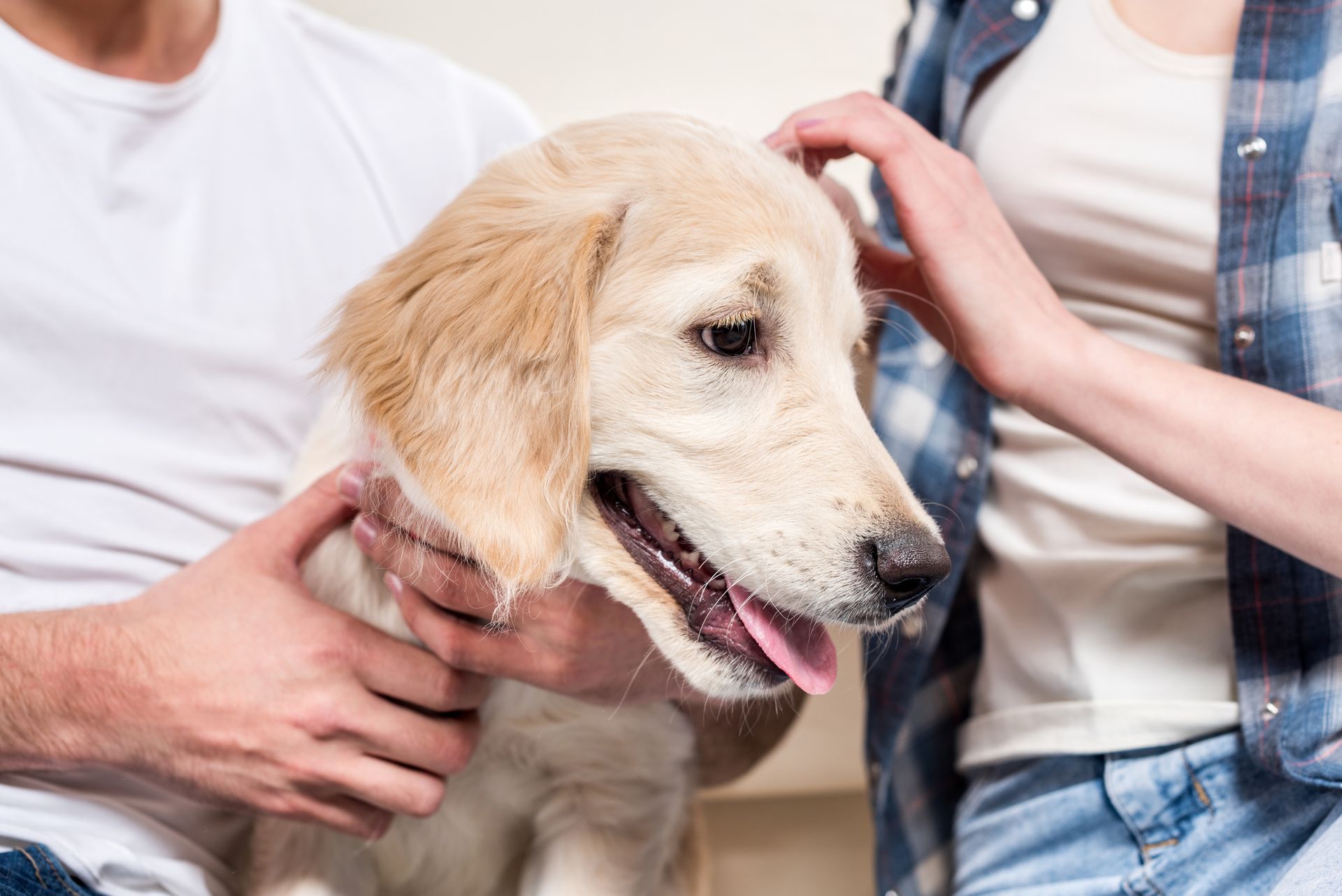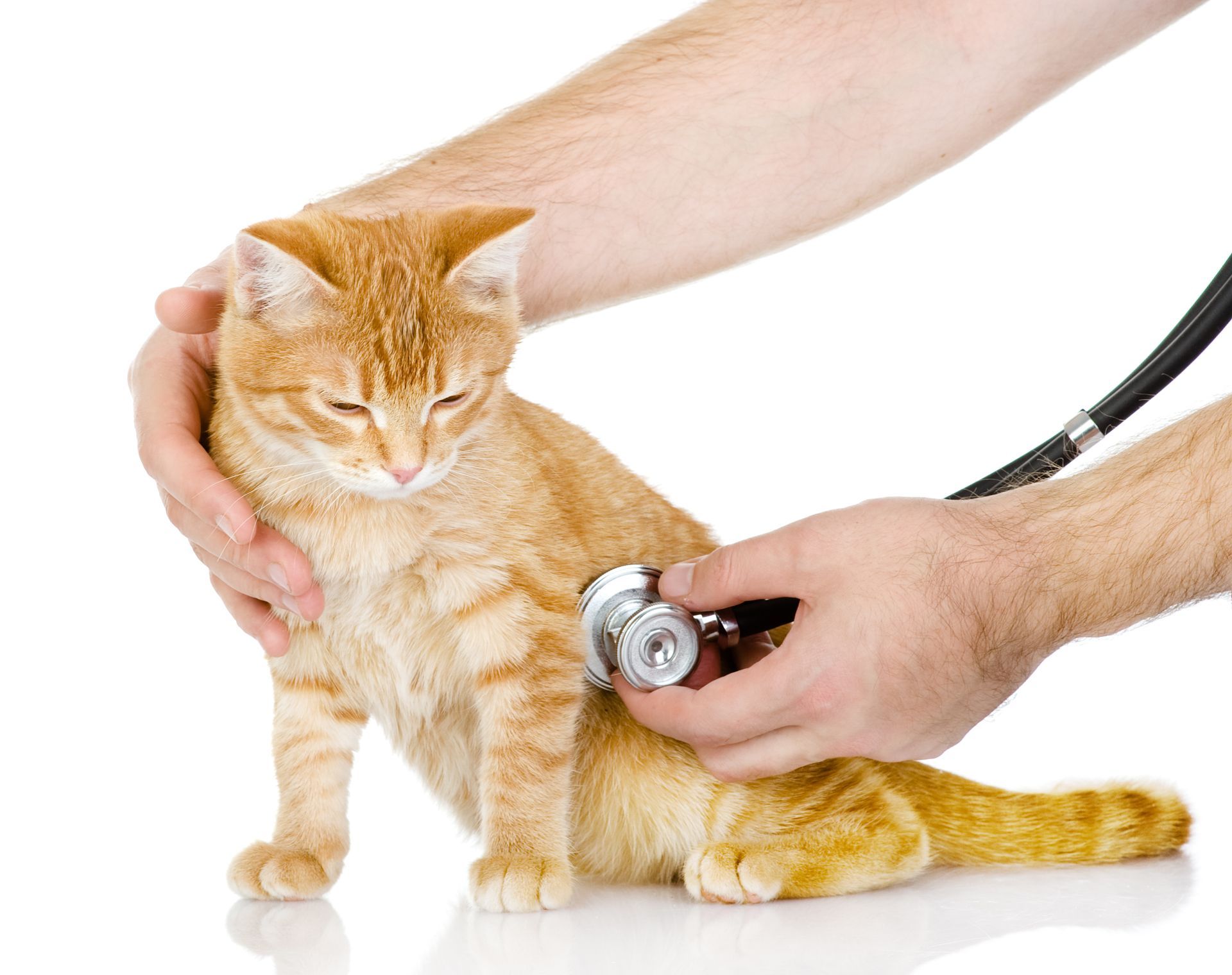How to Care for an Adopted Rescue Dog
Adopting a dog in need of a home is a big decision that comes with many rewards and a few new responsibilities. Are you adding to your family this year? Before you run out to pick out a new friend and bring them home, here are a few things to do - and not to do - right away.
Do Visit the Veterinarian
Shortly after adopting any pet, you should bring them in to meet with an experienced veterinarian for a complete checkup. Most rescued dogs don't have a health history available, so this visit will make sure that they are healthy and happy.
The vet can review any records from the adoption agency or shelter, do a health exam, update vaccinations, and answer your own questions. An early vet visit is especially important if the rescue agency had any health concerns to address.
Do Start Some Training
Attend training with your dog to build rapport and set rules for good behavior. Look for a positive training group that encourages family members to work directly with their dogs under supervision. If you aren't sure of your rescued pup's experience with other dogs or have specific behavior concerns, opt for one-on-one classes at first. But group classes are an excellent socialization tool.
Do Meet Other Animals
Are there other animals in the home? Carefully introduce them all one by one, keeping all pets under control of family members. Short, get-acquainted visits are best at first. And make sure that each animal has their own safe space where they can be at peace.
Hold off on meeting other animals who don't live in the home for a few days. It may be too much excitement for the dog and confuse them. And you aren't used to their behaviors yet, so it's safer to get to know your new best friend first.
Do Set Boundaries
Your dog comes into your house with no preset knowledge of what you expect from them and what your rules are. But boundaries are normal and healthy for any pet, and dogs actually enjoy having them. They also make for a happier household.
Before you bring a dog home, decide on a few basic house rules - things like where they are and aren't allowed to roam, where they'll sleep, what the walking and feeding schedules will be, and how much time they'll spend indoors and outside. And agree on a few basic commands everyone will use so that your new family member won't be confused by too many different instructions.
Don't Change Food Drastically
Find out what the dog was being fed where they were living. Start with that same food routine when you first come home. Talk with your veterinarian about how to gradually change to a new diet. This is often done by starting with a small portion of the new food, then mixing in gradually larger portions over the course of several days.
If you notice any gastric upset, scale back the change and discuss it with your doggy doctor before moving forward.
Don't Make a Fuss
Having a new dog is exciting - both for you and for the dog. But try to keep a lid on the excitement to avoid overwhelming or confusing the pet. Don't invite lots of other people to come visit with the dog, and limit its interaction with other animals. Talk to your kids about the importance of not overwhelming the dog with play and attention when it's new to the house.
Spend plenty of time together doing different, normal activities when your dog comes home. But don't stay home all the time to snuggle with your pup - they're likely to become distressed when you do finally leave. Instead, casually come and go on a normal schedule.
Where can you start with your doggy adoption adventure? Talk with your veterinarian about the best way to ensure a great transition for you and the dog. At Angel Pet Hospital, we welcome new pets and their families. Call today to visit with our trained staff of animal experts.


















